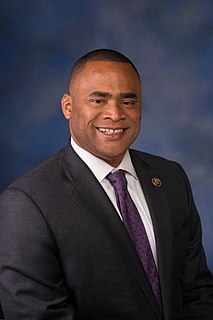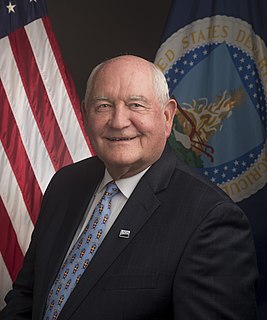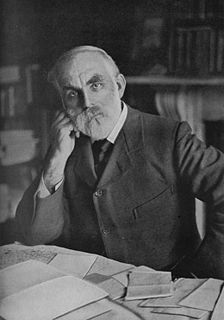A Quote by Tom Fitton
Voter confidence depends on the clean elections.
Quote Topics
Related Quotes
The Indian voter today is very mature. He votes in one fashion in the Lok Sabha elections, he votes in a different manner in the State Assembly elections. We have seen this. In 2014, the General Elections conincided with the Odisha Assembly elections. The same electorate gave one judgement for Odisha and another judgement for Delhi. So this country's voter is very mature and we should trust his maturity.
'Elections have consequences,' President Obama said, setting his new policy agenda just three days after taking office in 2009. Three elections later, the president's party has lost 70 House seats and 14 Senate seats. The job of Republicans now is to govern with the confidence that elections do have consequences, promptly passing the conservative reform the voters have demanded.




































